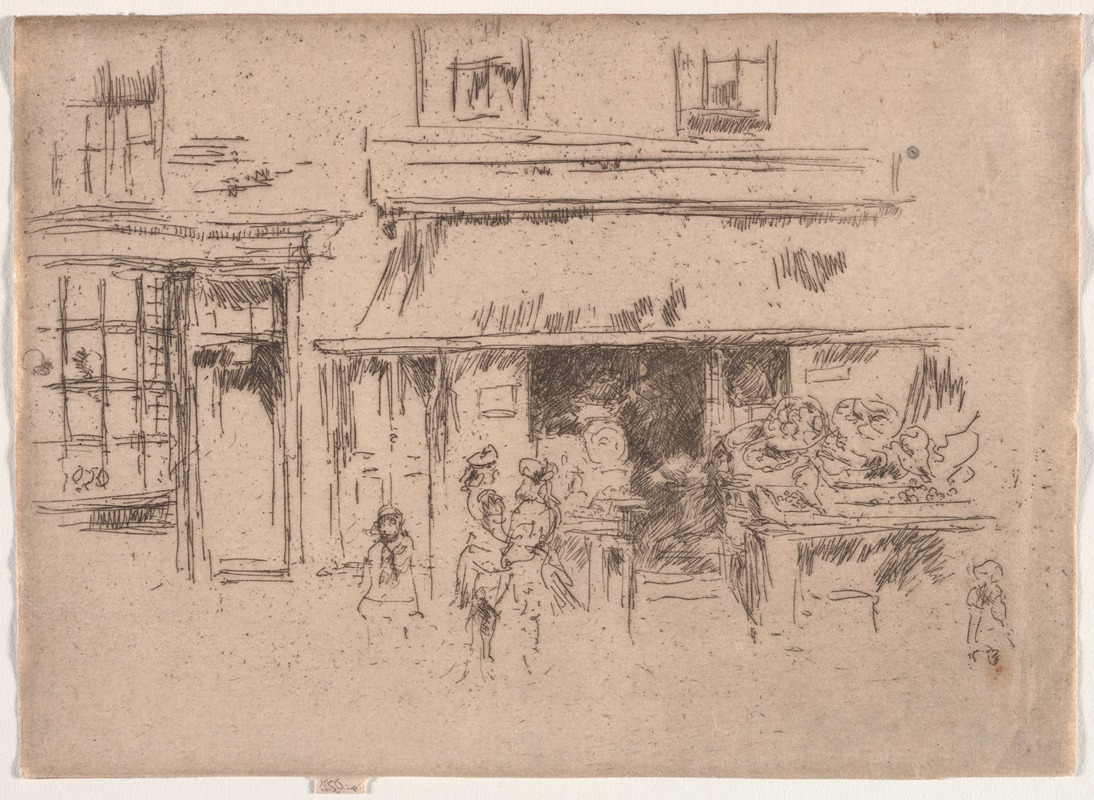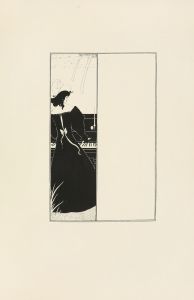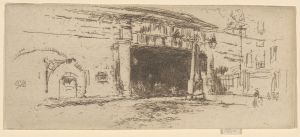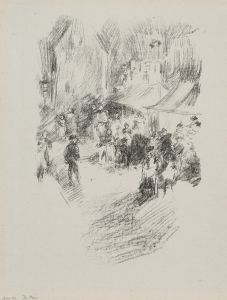
Exeter Street
A hand-painted replica of James Abbott McNeill Whistler’s masterpiece Exeter Street, meticulously crafted by professional artists to capture the true essence of the original. Each piece is created with museum-quality canvas and rare mineral pigments, carefully painted by experienced artists with delicate brushstrokes and rich, layered colors to perfectly recreate the texture of the original artwork. Unlike machine-printed reproductions, this hand-painted version brings the painting to life, infused with the artist’s emotions and skill in every stroke. Whether for personal collection or home decoration, it instantly elevates the artistic atmosphere of any space.
James Abbott McNeill Whistler was an American artist known for his significant contributions to the art world during the late 19th century. He was a proponent of the Aesthetic Movement, which emphasized the visual and sensual qualities of art and design over practical, moral, or narrative considerations. Whistler is best known for his paintings, etchings, and lithographs, which often feature atmospheric effects and a subtle use of color.
"Exeter Street" is one of Whistler's works that exemplifies his interest in capturing the mood and essence of urban scenes. While specific details about the painting "Exeter Street" are limited, Whistler's urban landscapes typically reflect his fascination with the interplay of light and shadow, as well as his ability to convey the ambiance of a particular location.
Whistler's approach to art was heavily influenced by his belief in "art for art's sake," a philosophy that suggests art should be appreciated for its beauty and form rather than its narrative content. This perspective is evident in his treatment of cityscapes, where he often focused on the atmospheric qualities of the scene rather than detailed representations of architectural elements.
In his urban scenes, Whistler frequently employed a limited color palette and delicate brushwork to create a sense of harmony and balance. His compositions often feature asymmetrical arrangements, drawing inspiration from Japanese art, which he greatly admired. This influence is seen in his use of space and his emphasis on the overall composition rather than on individual details.
Whistler's work, including pieces like "Exeter Street," played a significant role in the development of modern art. His emphasis on mood and atmosphere over narrative content helped pave the way for later movements such as Impressionism and Symbolism. Whistler's innovative approach to composition and his exploration of the effects of light and color continue to be appreciated by art enthusiasts and scholars alike.
Throughout his career, Whistler faced both acclaim and controversy. His famous libel suit against art critic John Ruskin, who criticized Whistler's work as "flinging a pot of paint in the public's face," brought significant attention to his art and ideas. Despite the challenges he faced, Whistler remained committed to his artistic vision, leaving a lasting impact on the art world.
While "Exeter Street" may not be as widely recognized as some of Whistler's other works, it nonetheless reflects his distinctive style and artistic philosophy. His ability to capture the essence of a scene with subtlety and nuance continues to resonate with viewers, making his work an enduring part of art history.


















